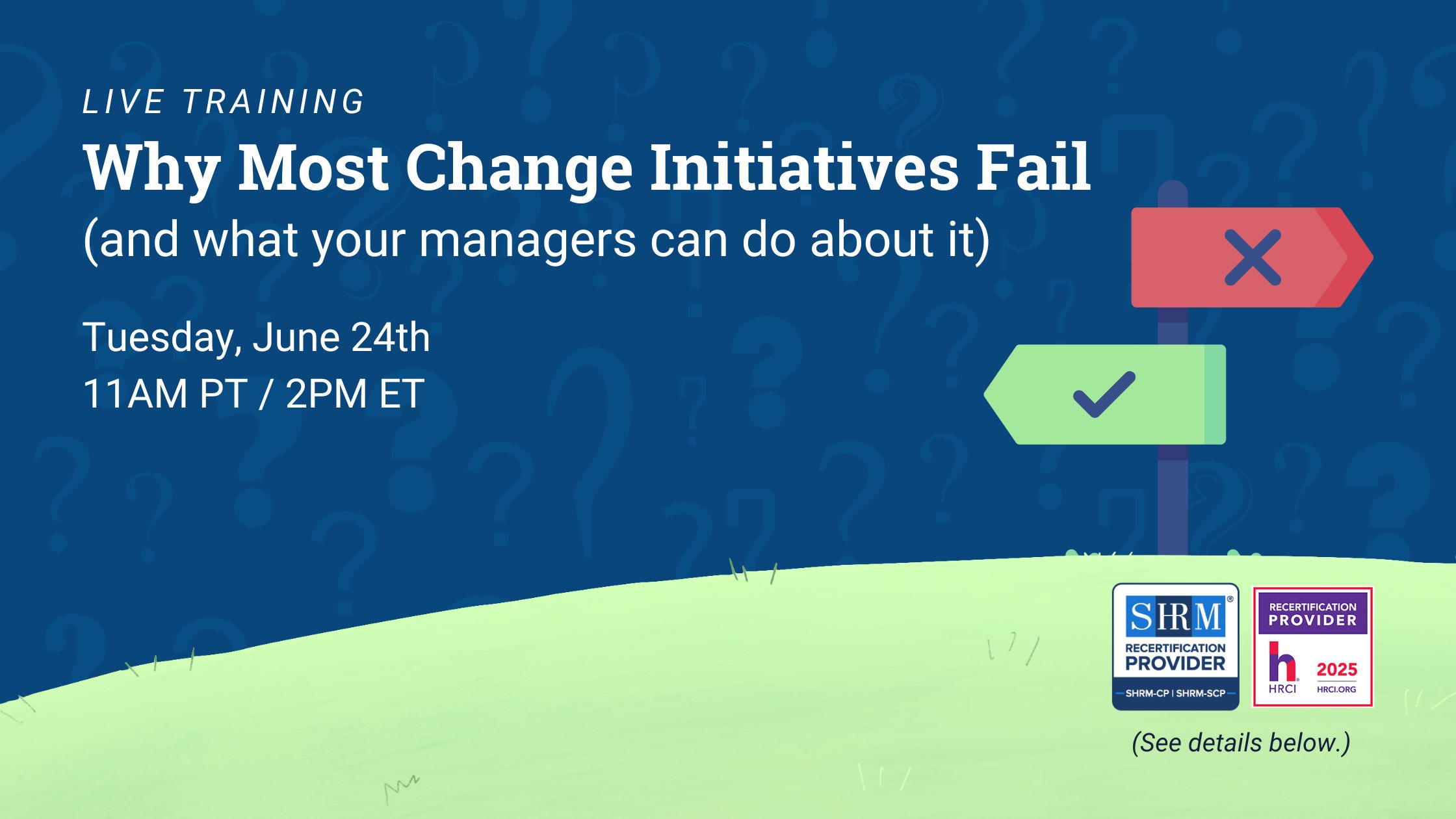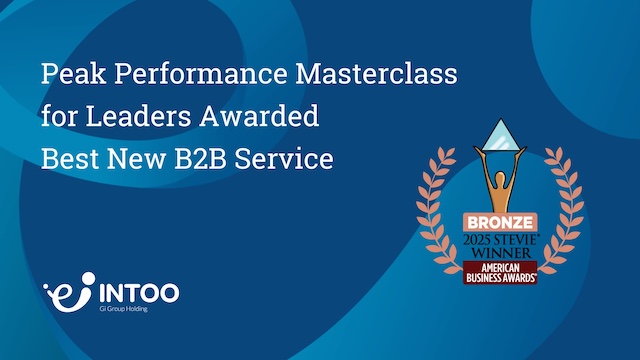While this year has created a spike in the number of people working remotely, many are or will be returning to offices in the coming months. Some job seekers, however, may choose to specifically look for remote positions. We spoke with one of our career coaches, Ellen Sears, to learn what’s important to keep in mind when searching for remote work.
Watch the video here or read her tips below.
How can candidates search for remote work opportunities?
One way that candidates can do this is to use job search engines to help find companies that are hiring for remote positions. As candidates look on job search engines, they can use keywords such as ‘remote,’ ‘fully remote,’ ‘virtual,’ ‘work at home,’ or ‘telecommute’ to see which companies are hiring for these areas. Most of the time, companies will list these words in the job title and/or the job description. And with some search engines, such as LinkedIn, you can even use the word ‘remote’ instead of a location to find potential roles.
More and more candidates are looking for remote opportunities, and they know a lot of the big names such as Amazon, Apple, and Google that are looking to hire remote roles. But one thing that we’ve seen within the last year is a lot of new companies, such as those in education, healthcare, insurance, and technology are looking for candidates who are interested in remote roles. To find out more about these positions, one way that candidates can search for them is to use websites geared directly towards remote positions. Websites such as Glassdoor, FlexJobs, angel.co, and remote.co, and remoters.net are great resources to directly search for remote positions. While some websites might require a monthly fee, others are free. It’s just really important to read the fine details to make sure that each candidate knows what they’re looking for.
Another approach that candidates can use is to search job search engines to research company names. You can type in the words ‘remote jobs’ in Google and it will provide you with a list of companies that are hiring remote roles. While this is a generalized search, and it’s not necessarily directed towards your career of interest, this method can actually reveal a list of companies to research that are open to and flexible about remote opportunities. This provides candidates with a great resource. Then they can tailor their job search to those companies, and even conduct informational interviews with existing employees to find out the approach that they took to work remotely in their roles, or to learn about the company’s perspective in general about flexibility towards work-life balance.
If a job isn’t listed as a remote opportunity, how might job applicants tailor their application to indicate an interest in working remotely?
Companies will usually highlight in the job description or in the job title if the position is remote. But what if, for example, they don’t have that listed, but the candidate is still really interested in the company and the culture yet they need it to be a remote opportunity? Well, one way to address that is in your resume and cover letter. Do you mention anything about being interested in a remote opportunity? This is a great place for you to start. You can highlight previous remote positions in your resume, adding in key elements, such as your time management skills, your flexibility, and working across different time zones, so you’re advertising to the employer that you have this capability. And then in the cover letter, you can do the same thing. In the cover letter, you can explain a little bit more about why you’re interested. Maybe you mentioned in the cover letter that the position doesn’t indicate that it’s remote, but that you have an extreme interest in the company and the culture, and working as part of their team. Then, give specific reasons as to how you would be a great candidate for a remote position. That way, you’re backing it up with specific examples of how you would be able to excel in this area.
Another thing that you can do is emphasize your transferable skills. Maybe you have worked with teams globally or that are in different states or different departments. These are great skills that you need for working in a remote position and would be a great thing to advertise on the resume and the cover letter. This allows companies to easily see how you can fit into their company culture and have the flexibility to excel in this position to still really make a great impact for their company.
Can a candidate arrange for remote work as part of the job offer negotiation?
If a candidate is really interested in a position, but in their personal and professional life, they need the position to be 100% remote, however, that has not been disclosed in the interview process, this could be something that is part of their negotiation and offer process. One of the things that’s important, though, is to really showcase your value. You’re going to want to highlight certain skill sets that emphasize how you’re going to be a great remote employee. For example, if in previous roles, you were someone who managed teams on different continents, or different states in different time zones, and you were someone who was in a high-demand environment, you’re going to really want to showcase this within the offer process.
As you’re negotiating, one of the things that you can mention is, “Based on our conversations and my interest in this role, I hope that I’ve been very clear in how I’m very flexible and very self-motivated. One of the things I would like to negotiate with you would be to work remotely.” Sometimes people might come back and say, “Well, you know, this isn’t something that’s a standard process for our company, but we can certainly discuss it.” So on your end, it’s important to be flexible as well, to determine, “Do I need it to be 100% remote? Can it be partially remote?” A lot of times what candidates don’t realize is that the companies want you to be located specifically near their office or within a certain state. If someone is in the greater Atlanta area, and then the candidate is within that area as well, there’s a higher chance of them having the option of being remote, versus someone who is five states away from the corporate office. Add that within the offer process and let them know that, for example, “If we need to have a meeting, then I can come to the office, or I have the flexibility to be a part of the team in this manner.” You’re explaining that you will still provide that company with value while being remote.
Why might a company not be able to offer remote work options?
You may assume that most companies are going to be remote or they’ve had to be, but there are a lot of candidates who’ve actually gone back to the office. And sometimes the main reason for that is employment laws or tax implications. Sometimes some of the remote positions that are available have to be within a certain distance of the corporate office, or they have to reside within a certain state. A lot of times the companies might have an interest in providing remote options to candidates, but unfortunately, legally, they are not allowed. This can create limitations for companies in providing access to that remote option. A lot of times even if companies want to provide that for key candidates and they really want to hire them unfortunately, that doesn’t always happen due to those employment or tax implications that can occur.
What advice would you give to an employee who will be working remotely for the first time?
One of the things that we need is discipline. It’s very important, as you know, to be self-motivated, and to be disciplined in, the work that you’re providing to the company. You want to make sure that you create a structured environment where you can provide the resources that the company needs from you and be able to produce the same amount of work that you would produce within a work environment in an office setting. The catch is distractions. So one thing that a lot of people have experienced over the last year while working remotely is that it takes a lot more time to get things done if you have dogs barking, or kids running or something along those lines and additional people talking to you. So one thing tyou have to do is find an area that works for you. Find a quiet space, someplace where you can concentrate and to remove yourself from distractions when you’re on a conference call, when you’re on a Zoom call— a place that’s going to really help you focus and get the things done that you need to get done.
Another important thing is self-care. What people don’t realize when working remotely is that they have to take care of themselves. As you’re trying to avoid distractions, it’s also important to realize that you need to set boundaries. One of the things that you can do when setting boundaries is create a timeline. Just as you would for meetings that are going to occur in the office, create them on your calendar for work at home. So from 9 to 12, you work on a couple different projects, and then you take a lunch break, just as you would within an office setting. Then you come back and you work on continual projects and finish out the day at a reasonable time.
The easiest thing for candidates and job seekers to do within a remote environment is to work at 8:00 or 9:00 at night because they’ve put something aside or maybe they have had a distraction. The problem with that is that it decreases your productivity. Even though you think you’re giving more, you’re actually giving less because you’re taking away time that you need to give to yourself. We all need time to rejuvenate. We all need time to energize. So it’s important to set boundaries throughout the day in order to be able to have each project accomplished, but also to have time for yourself and the other activities that you want to do outside of work, whether that’s for family or community involvement. Make sure that you’re taking the time that you need for yourself, whether it’s in the evenings or on the weekends. What a lot of people really don’t realize is that when you’re working from home, you do have to have self-discipline, you have to have self-motivation, and you have to have the ability to take care of you.
 Ellen Sears, a certified resume writer and career coach, has a genuine interest in helping people market their personal brand and find employment opportunities that align with their goals. Ellen has a MBA and 12+ years of experience in HR and career consulting. She served as a career consultant at two universities where she provided resume consultations, mock interviews, and job searching tips. Ellen works with clients with an average of 20+ years of experience in various industries, including information technology, healthcare, manufacturing and sales.INTOO’s outplacement solution provides award-winning unlimited, on-demand and one-on-one coaching through video, audio, and text seven days a week, so people can get career advice when and where they need it. Learn more about how Intoo can help you support your departing employees in their job search.
Ellen Sears, a certified resume writer and career coach, has a genuine interest in helping people market their personal brand and find employment opportunities that align with their goals. Ellen has a MBA and 12+ years of experience in HR and career consulting. She served as a career consultant at two universities where she provided resume consultations, mock interviews, and job searching tips. Ellen works with clients with an average of 20+ years of experience in various industries, including information technology, healthcare, manufacturing and sales.INTOO’s outplacement solution provides award-winning unlimited, on-demand and one-on-one coaching through video, audio, and text seven days a week, so people can get career advice when and where they need it. Learn more about how Intoo can help you support your departing employees in their job search.
Robyn Kern is a seasoned business writer who has written in the HR, education, technology, and nonprofit spaces. She writes about topics including outplacement, layoffs, career development, internal mobility, candidate experience, succession planning, talent acquisition, and more, with the goal of surfacing workforce trends and educating the HR community on these key topics. Her work has been featured on hrforhr.org and trainingindustry.com.











